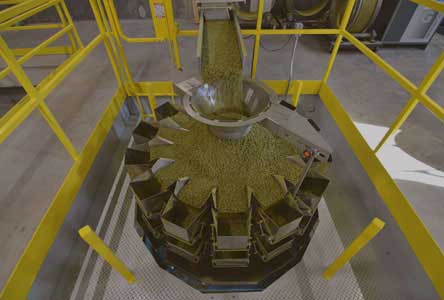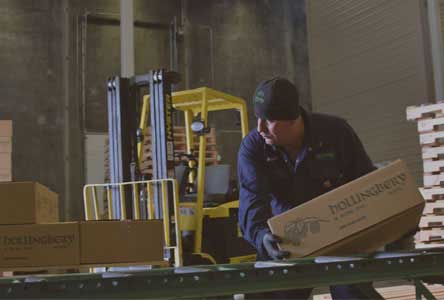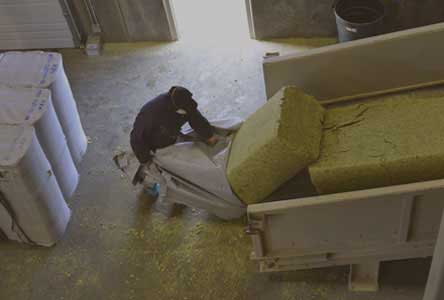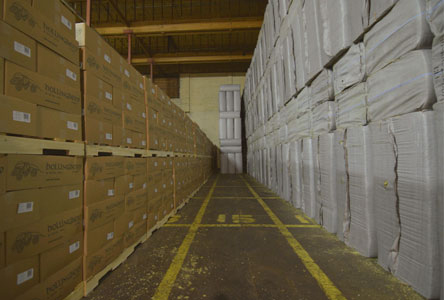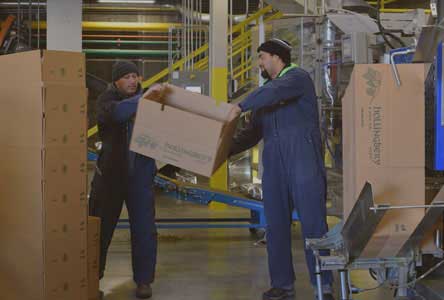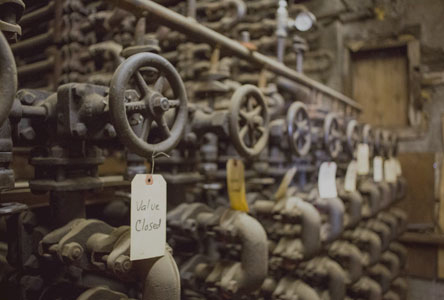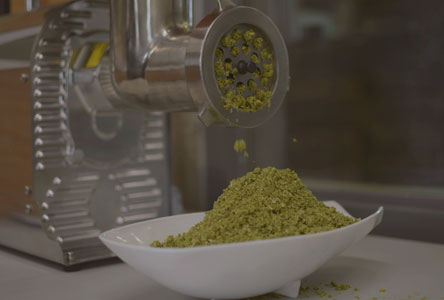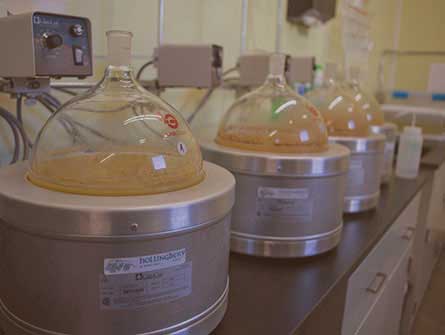Facilities and Technology...
To meet the changing needs of craft brewers and hop merchants, we constantly adopt new technology and follow best practices. You can be sure you’re getting quality hops that are stored, processed, and analyzed using modern equipment.
Warehouse • Pellet Mill • Farm
Warehouse
- Located in the historic “Fruit Row” district of downtown Yakima. Our facilities are comprised of three half-city blocks of commercial cold storage and CA (controlled atmosphere) storage for fruit and hops
- The buildings range in age from the Perry Building built in 1911 to the pellet mill built in 2015, maintaining the agricultural history of downtown Yakima, while progressing with technology
- All cold storage and CA utilize ammonia refrigeration, computer controlled with real-time monitoring for all necessary parameters depending on the product (hops stored at 28° F)
- Our capacity for storage is always growing and adaptable as needs arise
- One off-site CA storage facility is operated by HBS, but owned by La Salle High School where all proceeds go to the school
Pellet mill
- High throughput T-90 Pellet Mill
- Overall design with the unique needs of craft brewers in mind
- Pellet specifications focus on processing aroma hops for craft use, i.e. courser grist and softer pellet for optimal dry hopping
- Multiple cooling steps in process ensure a low pellet temperature with minimal oil degradation
- High volume blending capabilities maintain a consistently homogenous product
- An assortment of pellet mill dyes are used to dial in pellet specifications based on variety
- All packaging in 22 lb (10kg) Nitrogen flushed, soft pack, Mylar foils
- Box label includes hop variety, pellet alpha, a lot number for traceability, and a QR code that can be scanned for the full pellet analysis
Farm
- Operate a ~400-acre farm in Wapato, WA (approx. 15 miles south of Yakima Facility)
- Consists of about 300 acres of tree fruit. Primarily apples and pears, but also includes peaches, donut peaches and nectarines.
- Another 100 acres stays in rotation of various row crops, including alfalfa, wheat, and dry beans.

